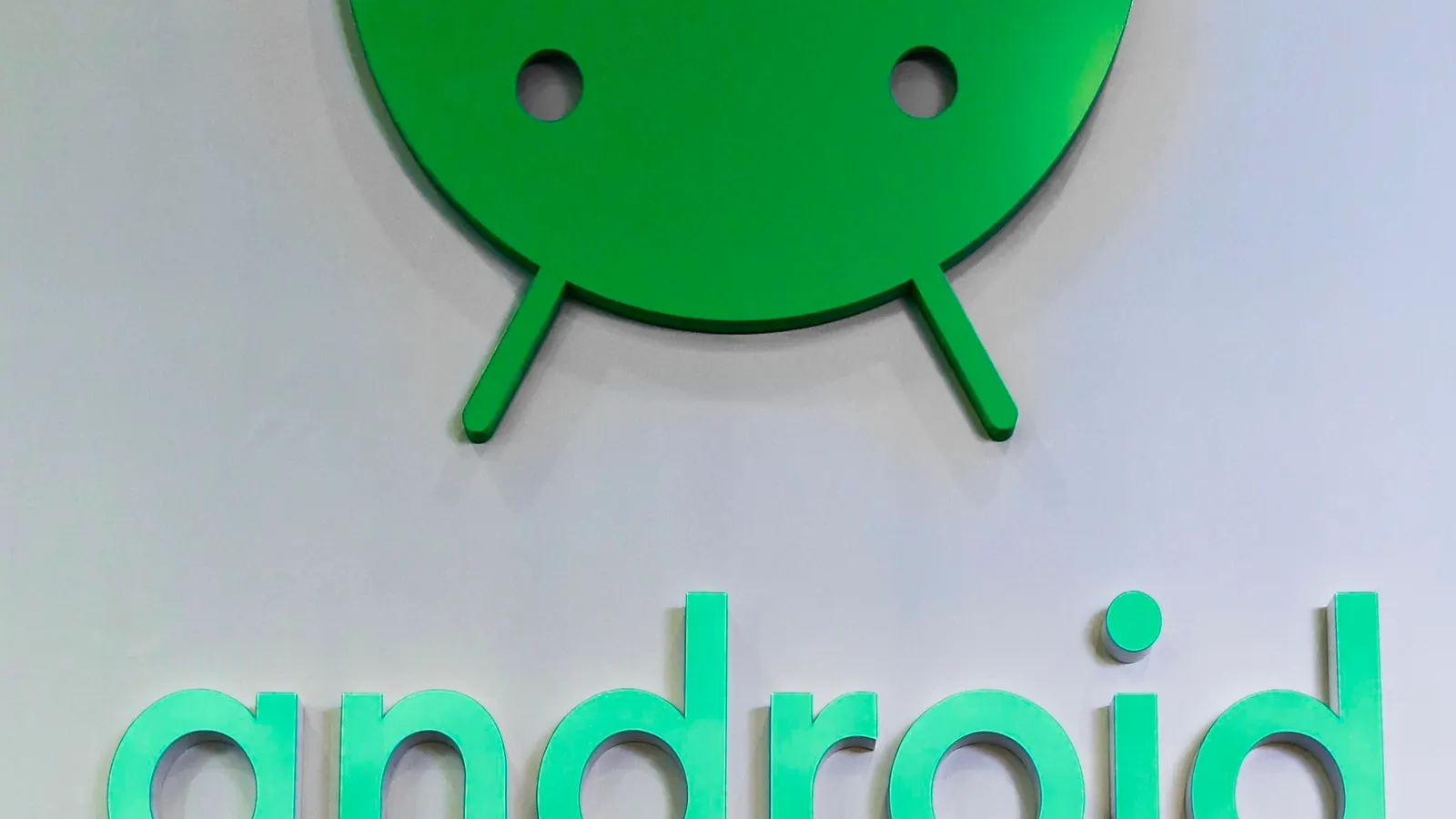Copyright forbes

All change for Android NurPhoto via Getty Images “Google does not own your phone,” Android users are warned, as a controversial new update suddenly becomes real. “You own your phone. You have the right to decide who to trust.” That may be true. But not for much longer. The warning comes courtesy of F-Droid, “an installable catalogue of FOSS (Free and Open Source Software) applications for the Android platform.” In other words, a third-party app store from which Android’s billions of users can sideload apps. Google has been cracking down on high-risk apps in Play Store, shoring up Play Protect security on phones and warning users that sideloading is dangerous and to beware what they install and from where. Now it’s taking that to whole a new level. ForbesMicrosoft’s Free Windows Upgrade Offer—New Deadline WarningBy Zak Doffman Starting in 2026, Google will require any developer who wants to install apps on certified Android devices to register with Google and prove their identity. That catches the major players but also solo amateurs and students. Arguably, the massive developer community that has grown with Android, benefiting from its free spirit. MORE FOR YOU This affects all certified Android devices, basically all Android devices outside China. More than 3 billion of them. Every Samsung, every Pixel, every other OEM. Having announced the change, Google also assured that “sideloading is fundamental to Android, and it’s not going anywhere." This in response to a user backlash complaining the change was turning Android into a less pretty version of iPhone. F-Droid says Google’s statement “is untrue," and that developer verification “ends the ability for individuals to choose what software they run on the devices they own.” Central to this argument is user choice — the choice to install software from anywhere and to take risks. The choice, one might say, not to buy a locked down iPhone. “You, the consumer,” F-Droid says, “purchased your Android device believing in Google’s promise that it was an open computing platform and that you could run whatever software you choose on it.” But soon, “they will be non-consensually pushing an update to your operating system that irrevocably blocks this right and leaves you at the mercy of their judgement over what software you are permitted to trust.” The independent app store also argues there’s a darker side to this — Google’s “track record of complying with the extrajudicial demands of authoritarian regimes to remove perfectly legal apps that they happen to dislike.” For this, read China and Russia, but also maybe the recent U.S restrictions on apps made available in official stores. As for Android’s free spirt and the sanctity of user choice: “Google clearly feels that they have enough of a lock on the Android ecosystem, along with sufficient regulatory capture, that they can now jettison this principle with prejudice and impunity.” Forbes‘We See You,’ WhatsApp Tells Users—Do Not Use These WordsBy Zak Doffman This argument will not go away. It’s too fundamental to the core of Android. Next year will see a soft launch in some secondary markets. The real change come beyond that. And so 2027 looks like being the watershed for Android and its user base. Meanwhile and with perfect timing, Zimperium has just released its latest warning into malicious Android apps, this time misusing NFC “to illegally obtain payment data and conduct fraudulent transactions.” The team says “what began as just a few isolated samples has now expanded to more than 760 malicious apps observed in the wild.” And so maybe Google has a point. Editorial StandardsReprints & Permissions



